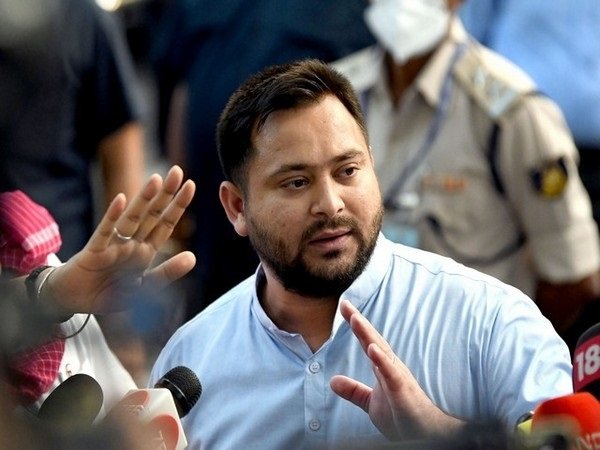In a significant political and educational scandal, Bihar Deputy Chief Minister Vijay Kumar Sinha has accused Preetam Kumar, an aide to Rashtriya Janata Dal (RJD) leader Tejashwi Yadav, of being linked to the recent NEET-UG 2024 paper leak. The allegation has not only stirred controversy but also raised serious concerns about the integrity of one of India’s most prestigious entrance examinations.
The Allegations
Key Figures and Incident Details
The controversy centers around Preetam Kumar, who allegedly played a role in facilitating the paper leak by arranging accommodations for individuals involved in the malpractice. According to Vijay Kumar Sinha, Preetam Kumar contacted an employee of the Bihar Road Construction Department (RCD) to book a room at a government bungalow in Patna for Sikandar Prasad Yadavendu, an engineer implicated in previous examination irregularities.
Sinha asserts that this room booking took place just days before the NEET-UG 2024 exam, suggesting a well-planned effort to execute the leak. This allegation is supported by the confession of Sikandar Prasad Yadavendu, who admitted to making logistical arrangements for his nephew, Anurag Yadav, a NEET aspirant, and other accomplices. Yadavendu revealed that the leaked question paper provided to his nephew matched the actual exam paper, implicating a broader network of malpractice.
Confession and Evidence
Sikandar Prasad Yadavendu’s confession has been pivotal in uncovering the scandal. His admission to providing the leaked paper to his nephew and arranging for his stay in Patna adds credibility to the allegations. This confession has prompted Deputy Chief Minister Sinha to demand a thorough investigation into the matter.
Sinha has already taken administrative action by suspending three RCD employees, including the staffer involved in booking the room. This move highlights the seriousness of the allegations and the potential involvement of government officials in facilitating the malpractice.
Political Repercussions
Demands for Inquiry
Deputy Chief Minister Vijay Kumar Sinha has called for a high-level inquiry into the scandal. Emphasizing the potential impact on the future of thousands of NEET candidates, Sinha’s demands underscore the need for accountability and transparency in the examination process. The Deputy Chief Minister’s actions, including suspending RCD employees, indicate a commitment to addressing the issue at its roots.
RJD’s Response
The allegations have put the Rashtriya Janata Dal (RJD) and its leader Tejashwi Yadav on the defensive. The involvement of Yadav’s aide in such a significant scandal could have serious political implications. As of now, the RJD has yet to provide a comprehensive response to the allegations, leaving room for speculation and further scrutiny.
Broader Implications
Examination Integrity
The NEET-UG 2024 paper leak scandal underscores ongoing challenges in maintaining the integrity of competitive examinations in India. With the involvement of sophisticated networks and potential misuse of power by influential individuals, the credibility of such exams is at stake. This incident calls for a re-evaluation of the security measures in place to prevent such malpractices in the future.
Calls for Reform
In light of the scandal, there are increasing calls for reforms in the examination process. Stricter security measures, more transparent investigation protocols, and robust monitoring systems are essential to ensure fair and transparent examinations. Ensuring the integrity of these exams is crucial for maintaining public trust in the education system and safeguarding the future of aspiring students.
Conclusion
The NEET-UG 2024 paper leak scandal has brought to light significant issues within the examination system and the potential misuse of power by influential individuals. The allegations against Tejashwi Yadav’s aide, Preetam Kumar, have added a political dimension to the controversy, raising the stakes for all parties involved. As investigations continue, it remains to be seen how these revelations will impact both the political landscape and the examination process in India.
This incident serves as a stark reminder of the need for vigilance, accountability, and reform in the conduct of competitive examinations. The future of countless students depends on the integrity of these processes, and it is imperative that steps are taken to prevent such malpractices from recurring.
Read More: Anurag Dwivedi Net Worth in Rupees ₹35 crore

